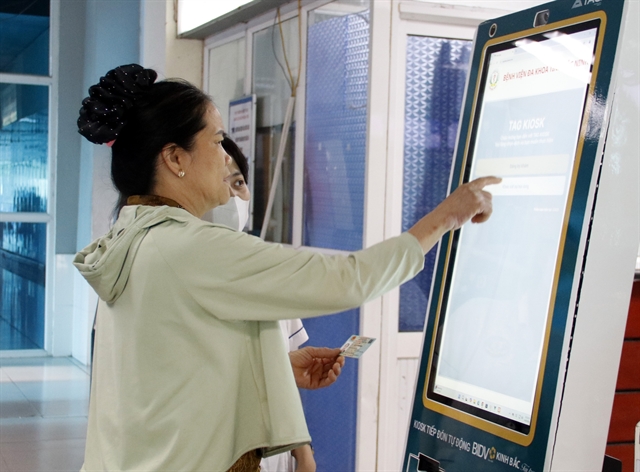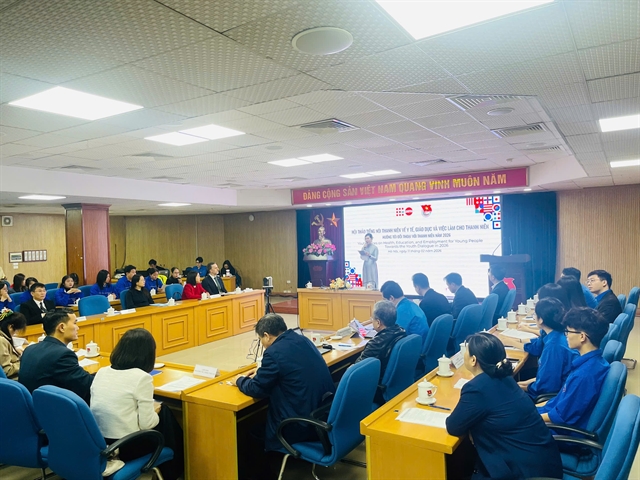TOKYO — Japan today posted lower-than-expected growth in the first quarter, but official data still confirmed that the country saw its longest economic expansion in over a decade.
The world’s number three economy grew 0.3 per cent growth between January and March - or 1.0 per cent at an annualised rate - which was down from a preliminary 0.5 per cent growth estimate.
The unexpected downgrade was also below market expectations for an upward revision to 0.6 per cent growth.
The surprise cut comes after the International Monetary Fund and World Bank both recently lifted their projections for Japan’s economy.
Still, the official figures also meant that Japan saw its fifth straight quarter of growth in what is its longest economic expansion in more than a decade.
The economy has been picking up steam on the back of strong exports as demand for Japan-made products picks up.
Investment linked to the Tokyo 2020 Olympics is also giving the economy a shot in the arm.
"The latest figures fell short of the projections, but we’ve not changed our view that Japan’s economy is on a recovery path," said Yasuhiro Takahashi, a senior economist at Nomura Securities.
The downward revision was mostly due to firms working down their inventory stockpiles, curbing new production during the first three months of the year, he said.
"If you look at production data from April onward it’s been good... so one doesn’t need to be too pessimistic."
Separate data today showed Japan’s current account - the broadest measure of its trade with the rest of the world - rose 7.5 per cent on-year to 1.95 trillion yen (US$17 billion) in April.
However, the government and Bank of Japan (BoJ) are still struggling to achieve a clear break from years of on-off deflation.
Consumer prices remain way below the BoJ’s 2.0 per cent inflation target.
The central bank now expects to reach its inflation target by 2019 - four years later than originally planned.
The target is a cornerstone of efforts to reverse years of slow growth that followed the collapse of an equity and property market bubble in the early 1990s.
Falling prices can discourage spending by consumers, who might postpone purchases until prices drop more or look to save money instead.
Deflation puts pressure on businesses, creating a cycle in which firms then cut back on expanding production, hiring new workers or boosting wages.
Japan’s jobs market is tight with unemployment rate staying at a 23-year low of 2.8 per cent.
But this ultra-low jobless rate has failed to give a significant boost to wages, however, as it is mostly due to a shrinking labour force and an increase in lower-paid temporary work.
Private spending, which accounts for more than a half of Japan’s GDP, remains lacklustre with firms reluctant to usher in big pay hikes.
Despite healthy profits, many Japanese firms remain cautious about the world economy, partly due to worries that US President Donald Trump’s protectionist leanings could hurt exports. — AFP
 World
World





